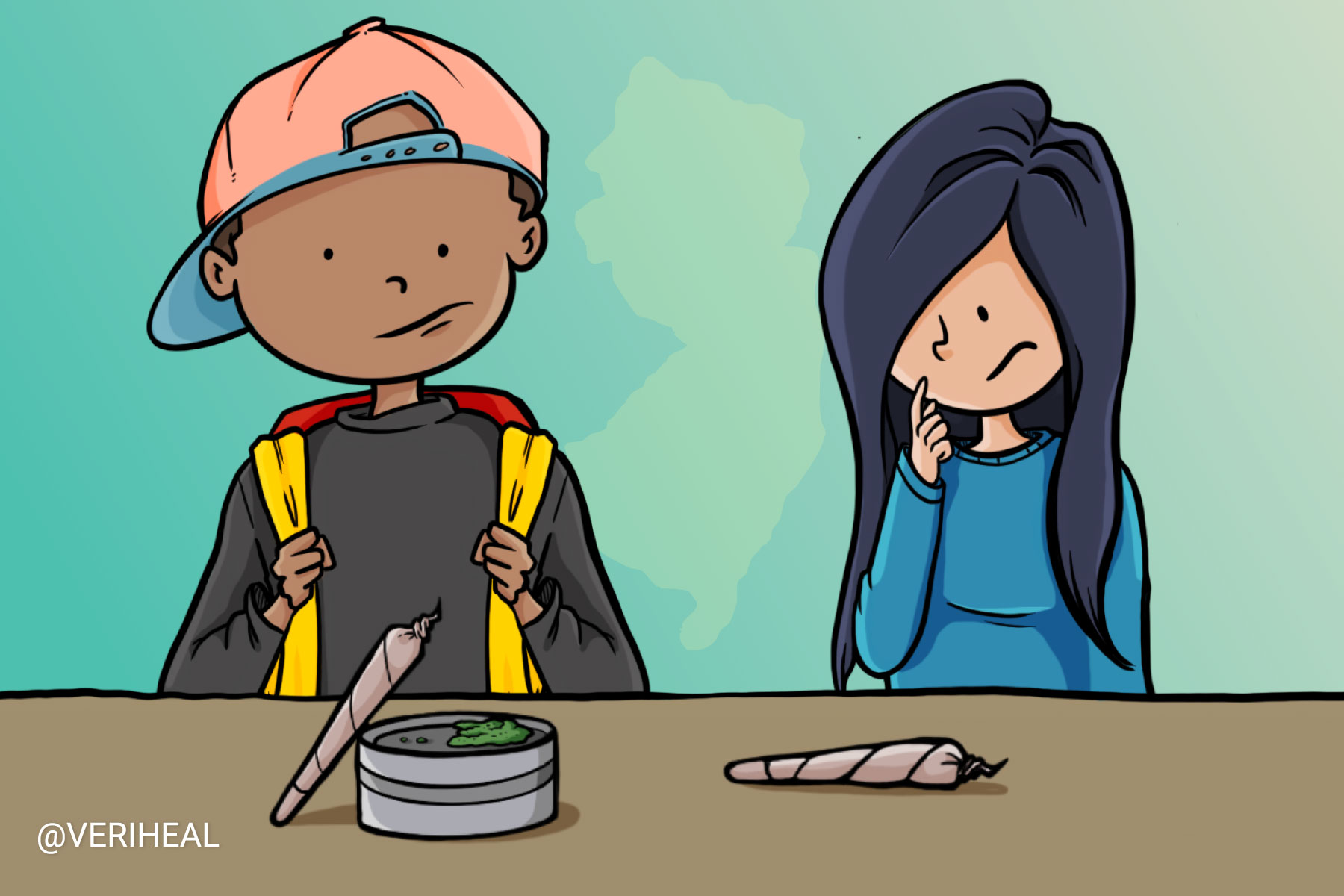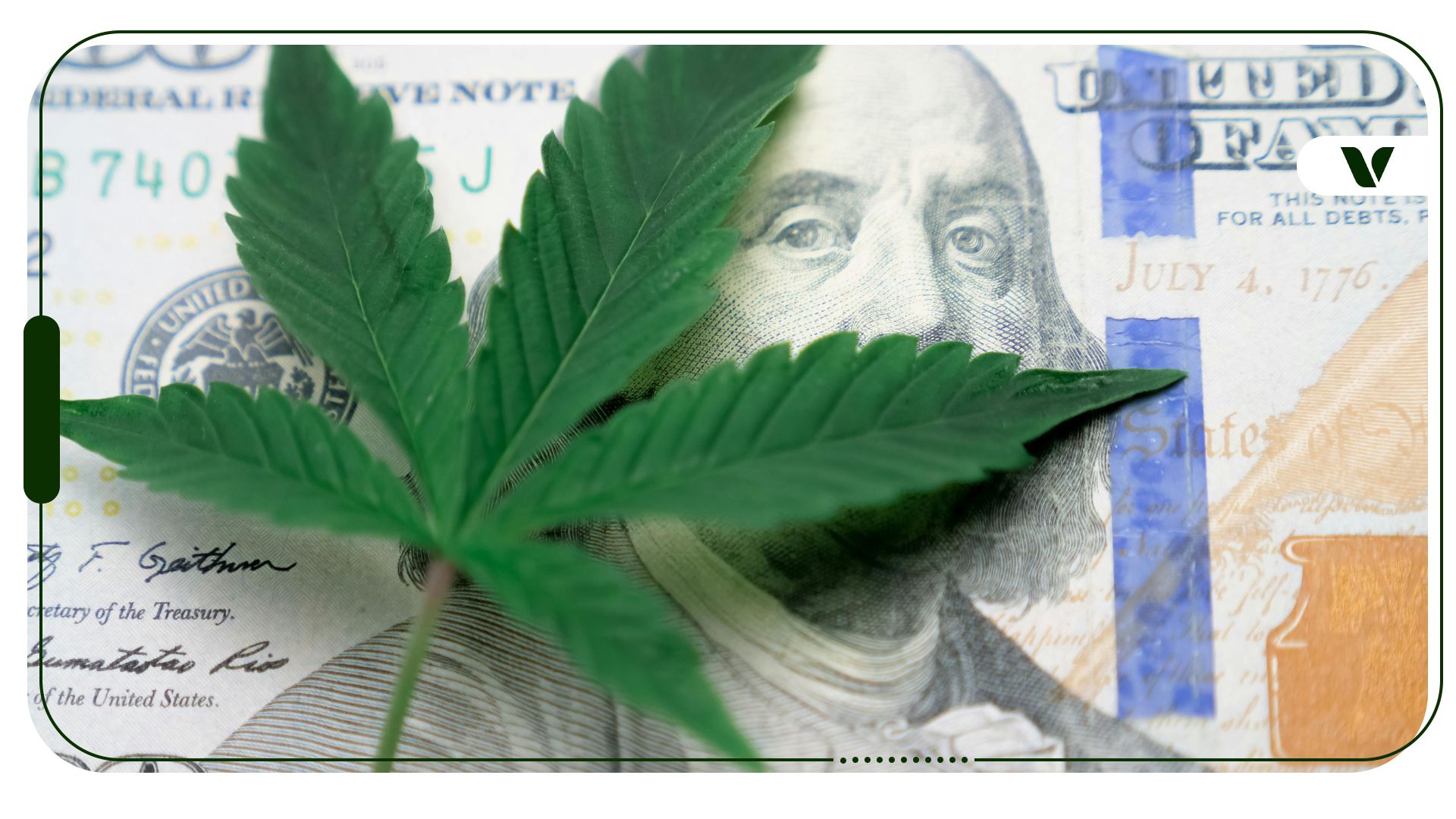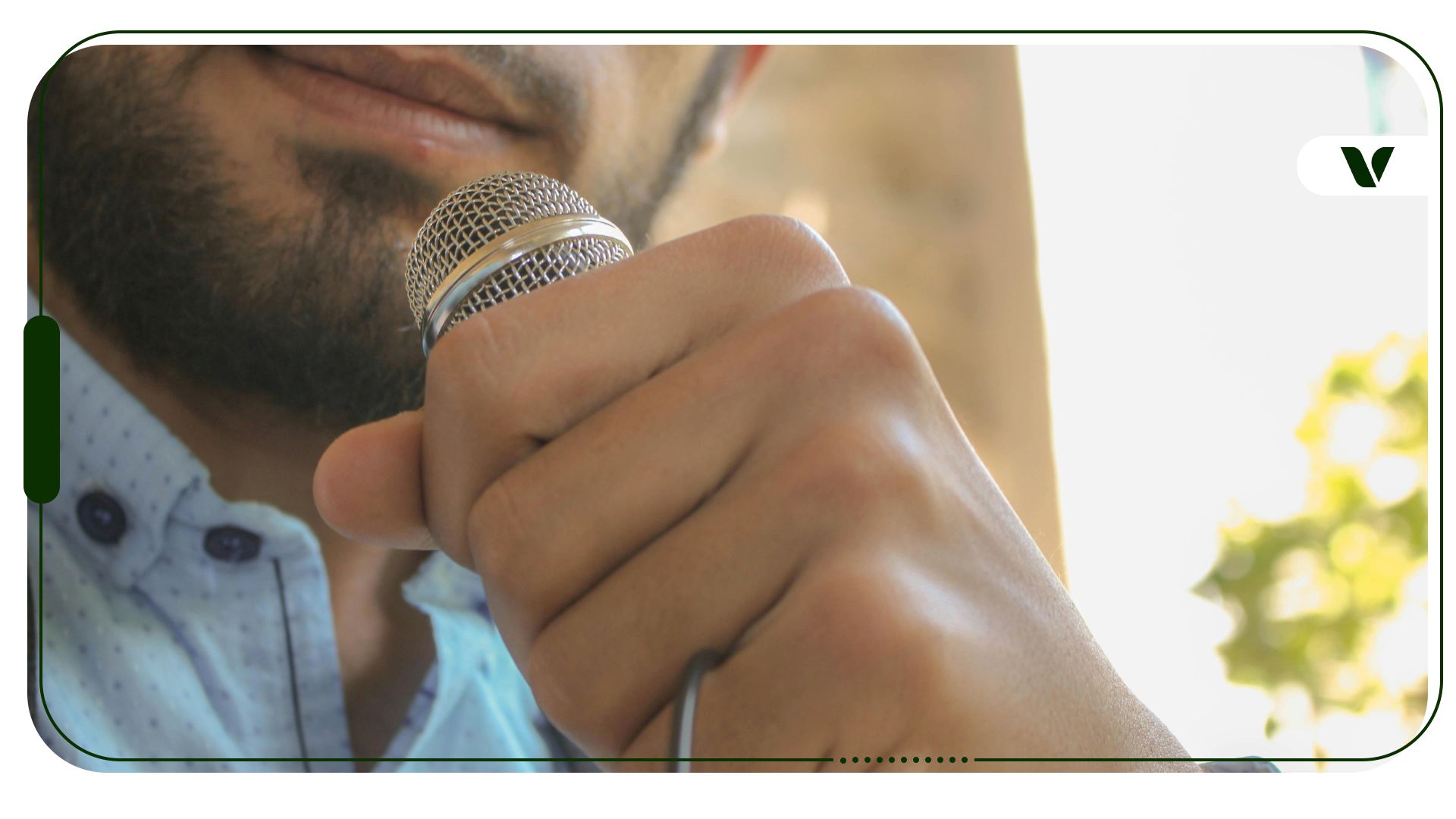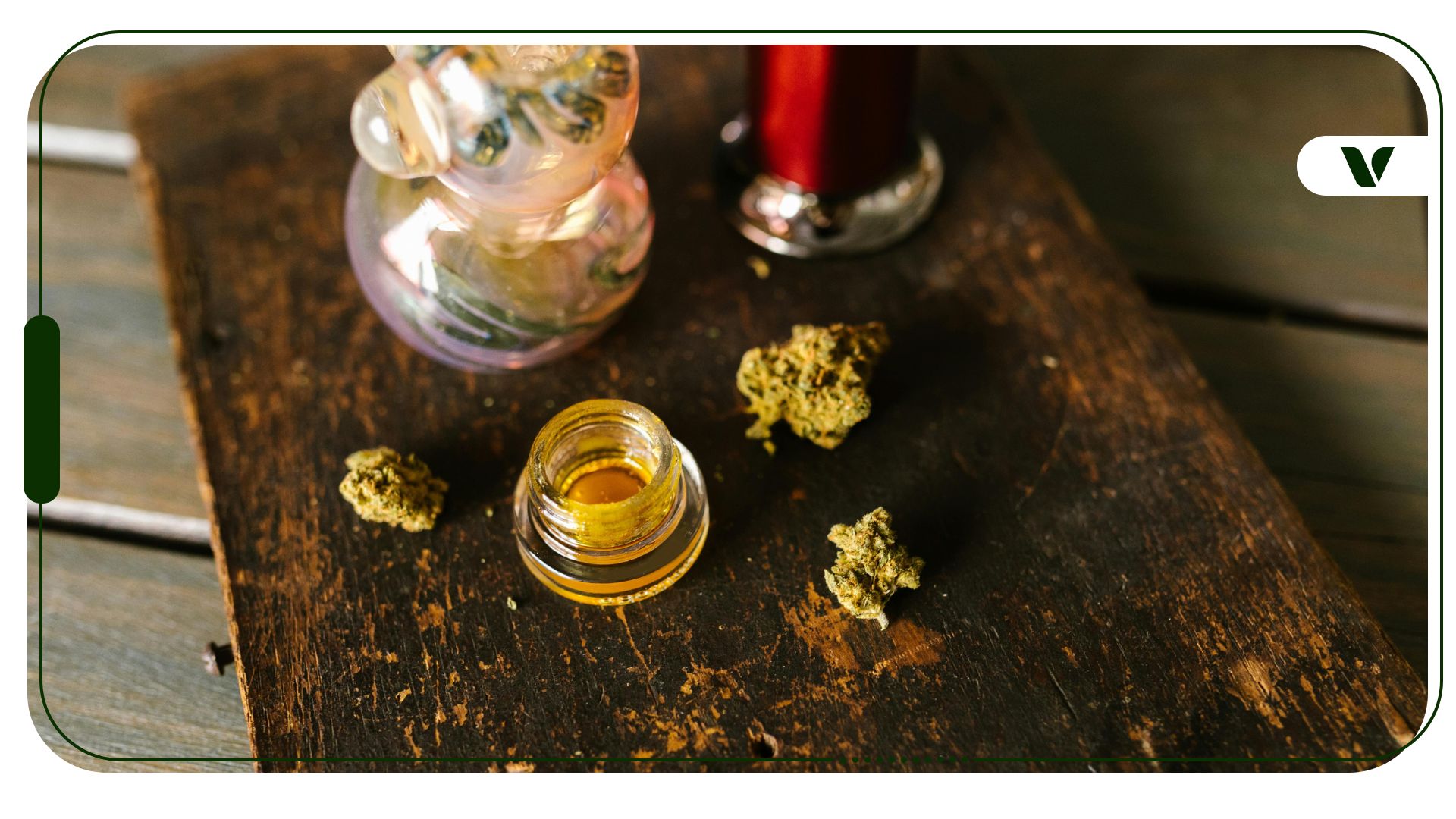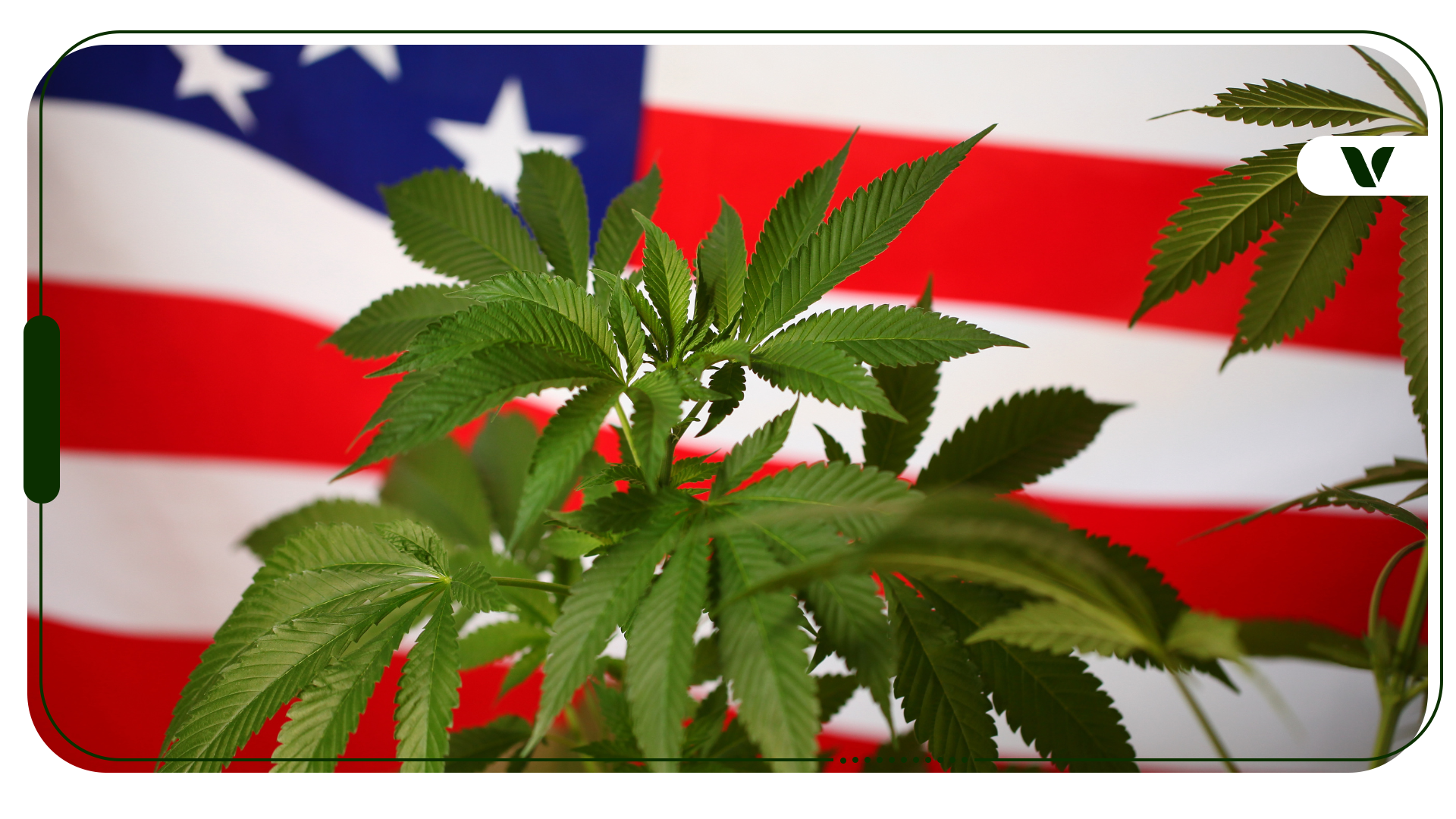Recreational cannabis officially became legal in the state of New Jersey in January of 2021. It’s a big step for the Garden State, which began the process of legalizing medical cannabis way back in 2010. Since then, New Jersey has passed a number of legislative amendments that have dealt with such things as increasing cannabis access in low-income neighborhoods and giving medical cannabis access to critically ill children. But until this year, recreational cannabis was off the table. However, while a majority of New Jersey residents support the legalization of recreational cannabis, there are some elements of the new law that aren’t sitting well with everybody.
As in other states that have legalized cannabis, New Jersey’s recreational cannabis laws pertain specifically to adults over the age of 21. For New Jersey minors, it remains illegal to purchase or possess the substance. And so the question became, how would the state enforce this? What would be the penalties assessed against New Jersey minors in possession of a substance that, while still illegal for them, was now considered legal to buy and sell within the state? The question sparked controversy, as legislators couldn’t come to an agreement. Finally, a decision was made—but it wasn’t one that pleased everybody.
The Consequences For Underage Possession of Cannabis
Getting caught with cannabis as a minor in New Jersey sets off a three-step process.
The first step, the repercussions for a first-time underage offender, is essentially a slap on the wrist. The offender would receive a written warning from the police officer. However, first-time offenders would not have their parents notified. In fact, not only is parental notification not required, under the law, it’s actually not permitted. This is the part that many parents in New Jersey have a problem with, of course. They feel that a written warning won’t serve as a strong enough deterrent to teenagers, who will likely continue their pattern of illegal underage smoking.
Why You Should Get Your Medical Marijuana Card
Veriheal has satisfied millions of patients nationwide by giving them access to these benefits
- Larger purchase limits
- Peace of mind
- Enhanced legal protection
- Access to higher potency strains
- Save up to 25% on cannabis purchases
- Skip the line at the dispensary
Many parents feel that police ought to have the freedom to reach out to parents on the first offense so that the parents can take steps to make sure their children stay away from cannabis and don’t cross the line again. As it is, however, officers can actually face charges themselves for reporting the first offense to parents. As such, it’s unlikely that any will be willing to do it.
A notification to the parents of the offender becomes a requirement on the occasion of a second offense—but only if the offender is under the age of 18. For those between 18 and 21, the second offense would only trigger a second written warning.
Of course, parents receiving this second-offense written warning would be made aware, at this stage, that their child had been caught with cannabis twice. So they would be up to speed. However, it’s understandable that parents might find it frustrating to have been left out of the loop until this stage in the proceedings. Many parents might feel that, given the chance, they could have stopped the second offense from occurring at all.
A third offense would lead to referrals for drug treatment services and fines of up to $50.
Clearly, New Jersey’s means of dealing with underage cannabis use are specifically designed not to be punitive. And that’s a good thing because harsh penalties for cannabis use have created nothing but problems in the past. It’s easy to understand that parents want to be kept informed of what their kids are getting into. But perhaps New Jersey’s decision to err on the side of leniency, in this case, is a good one.
Author, Share & Comments


